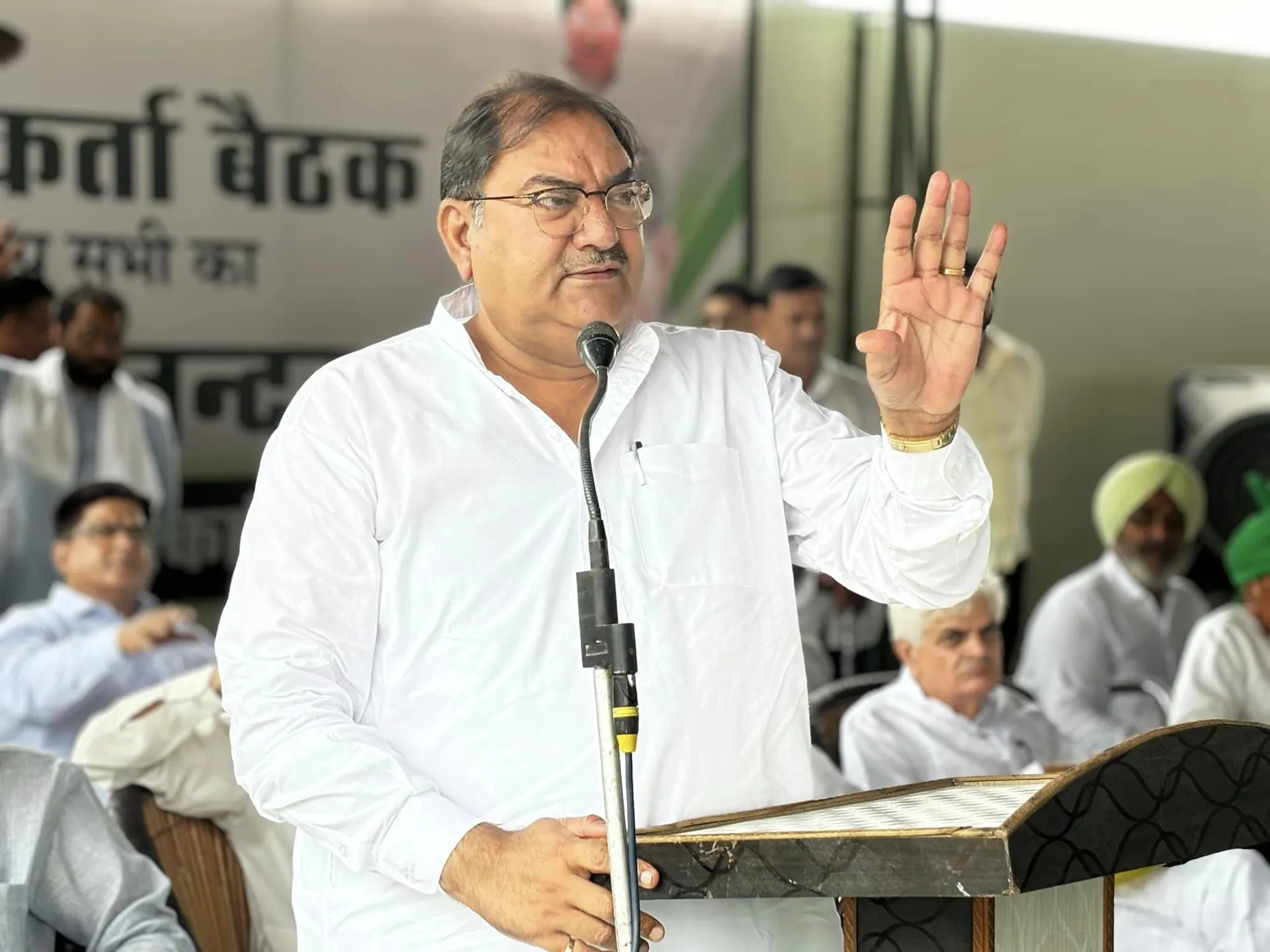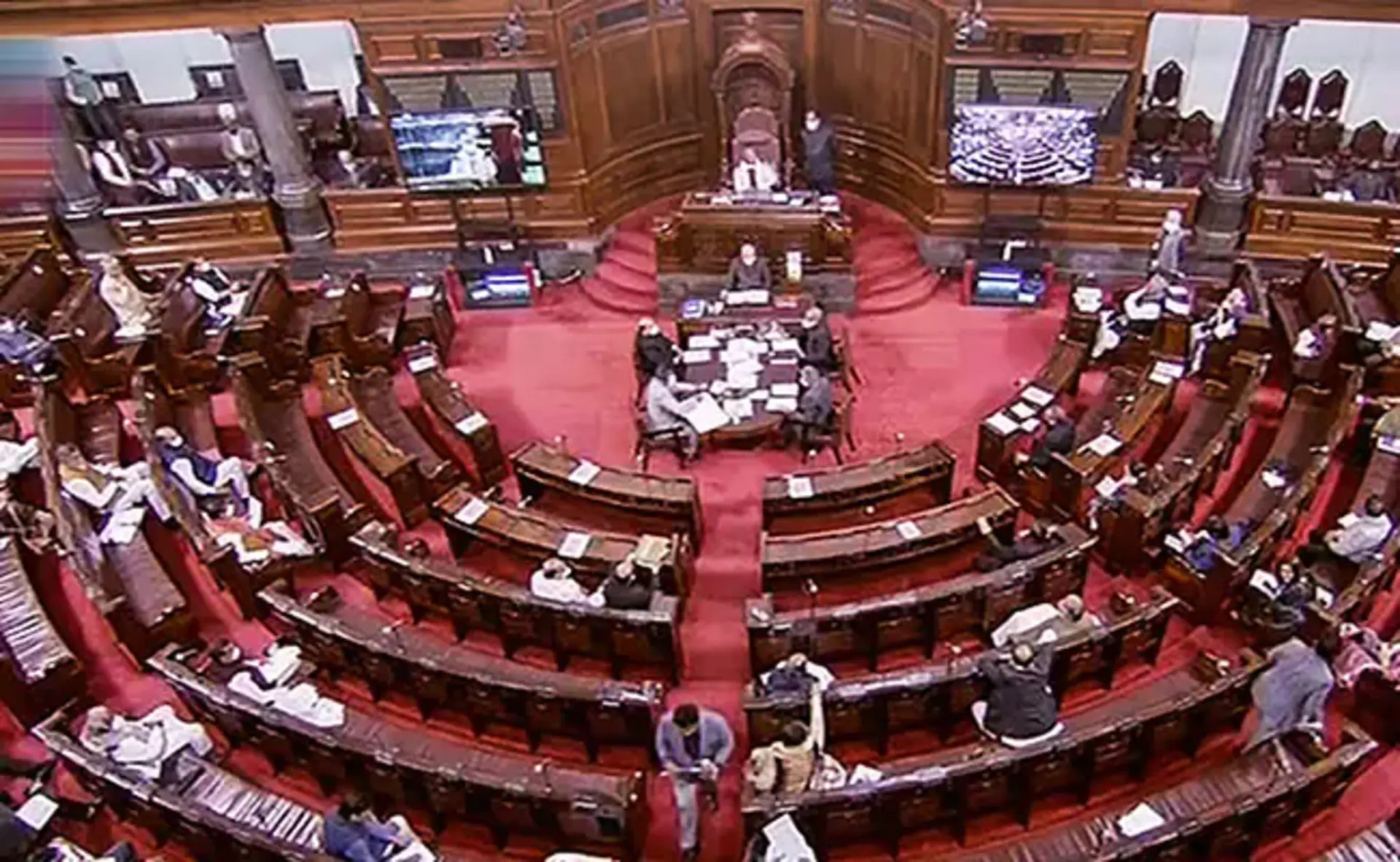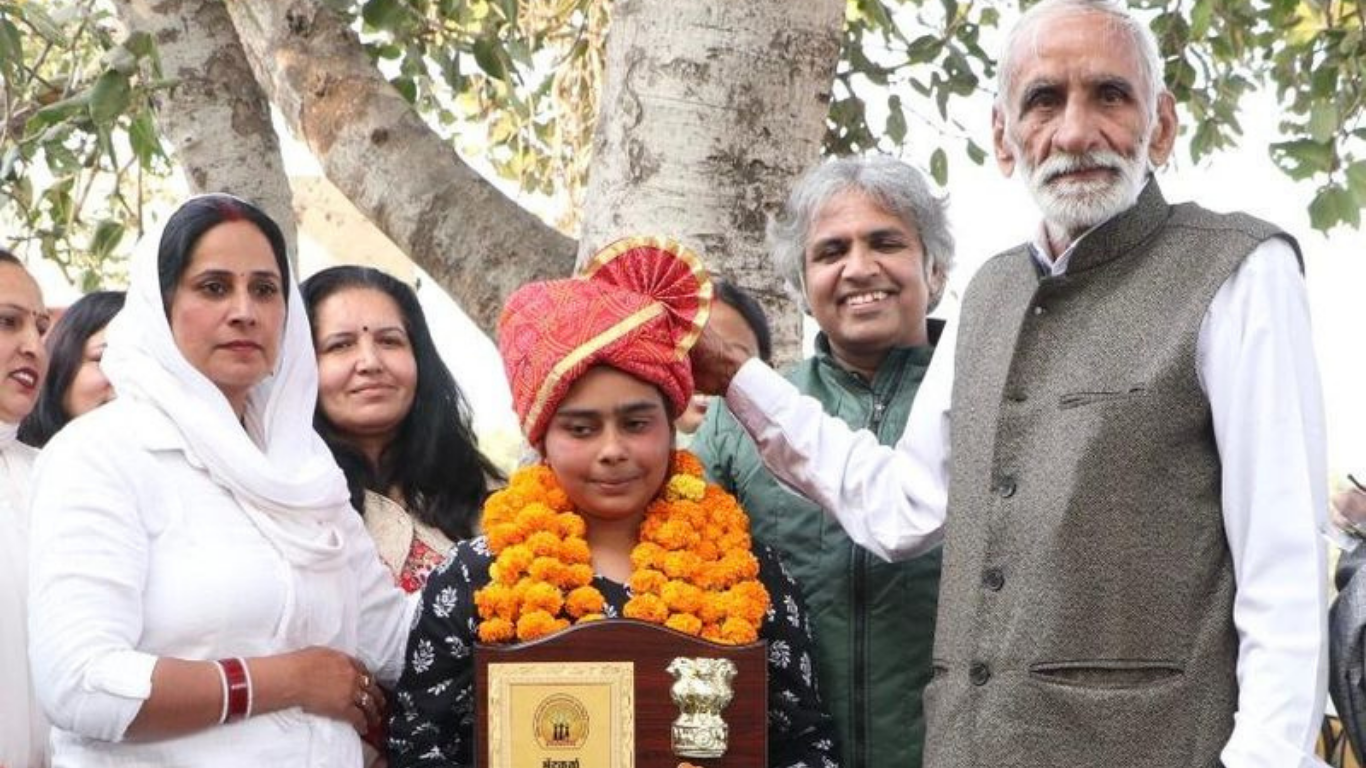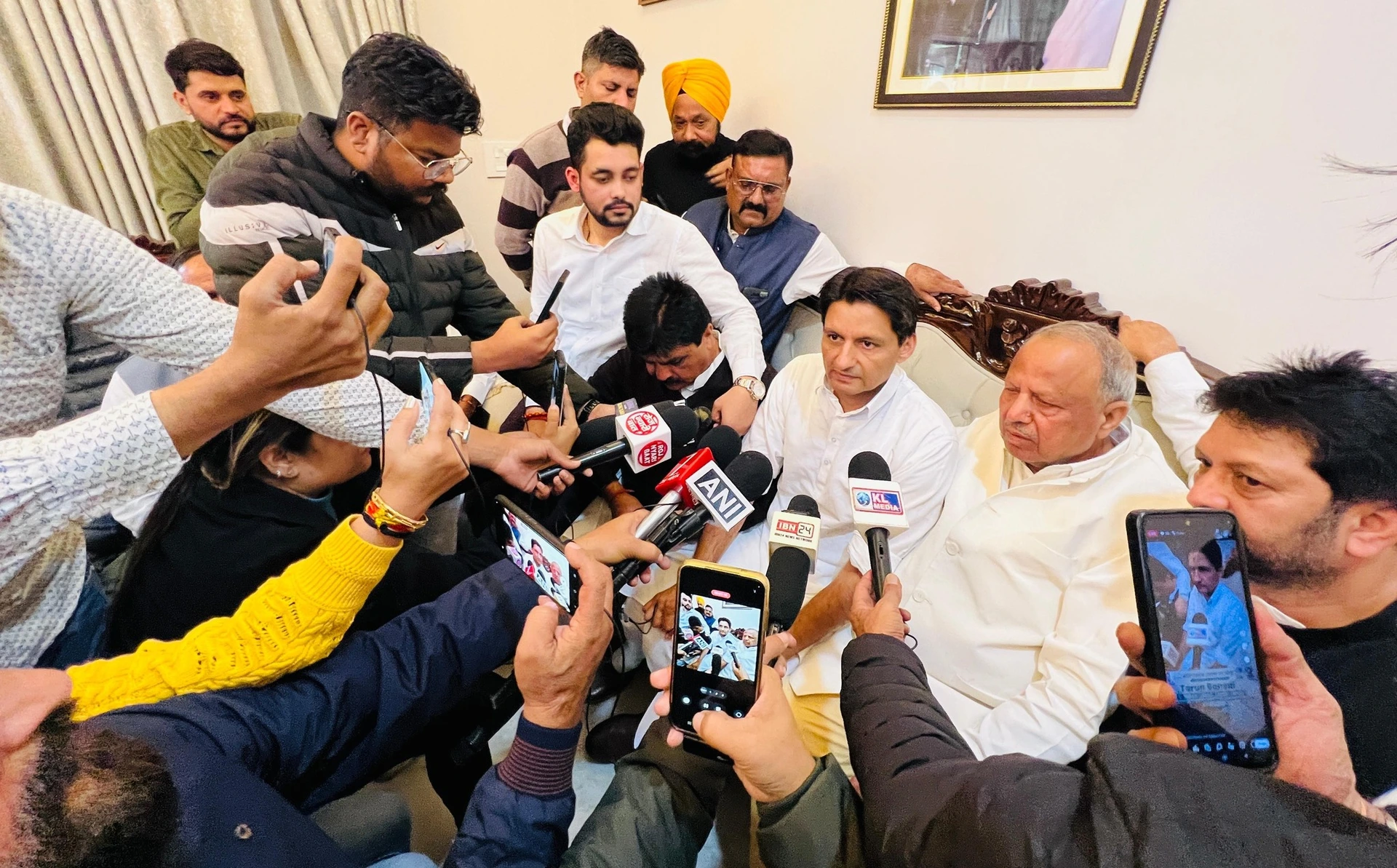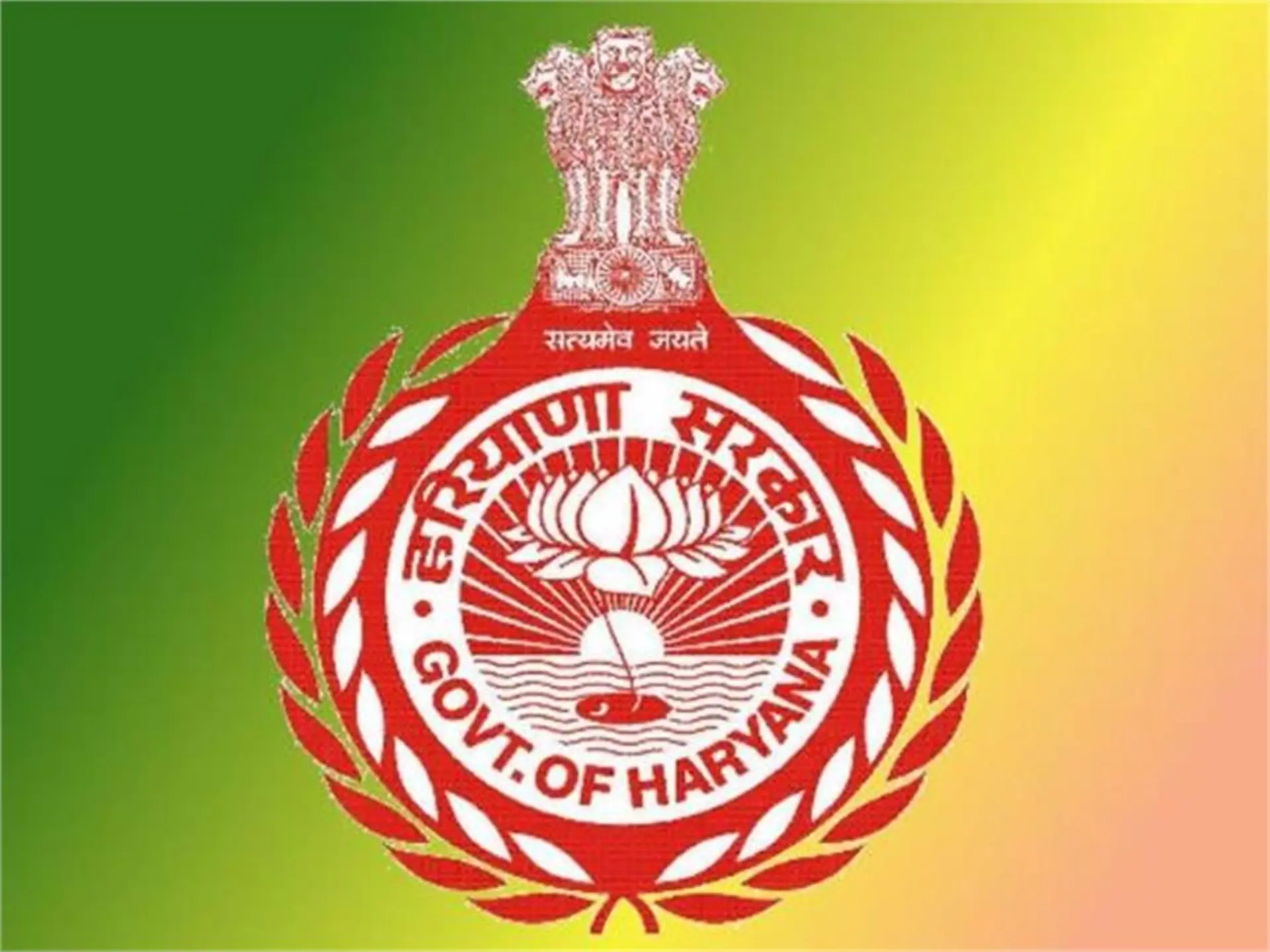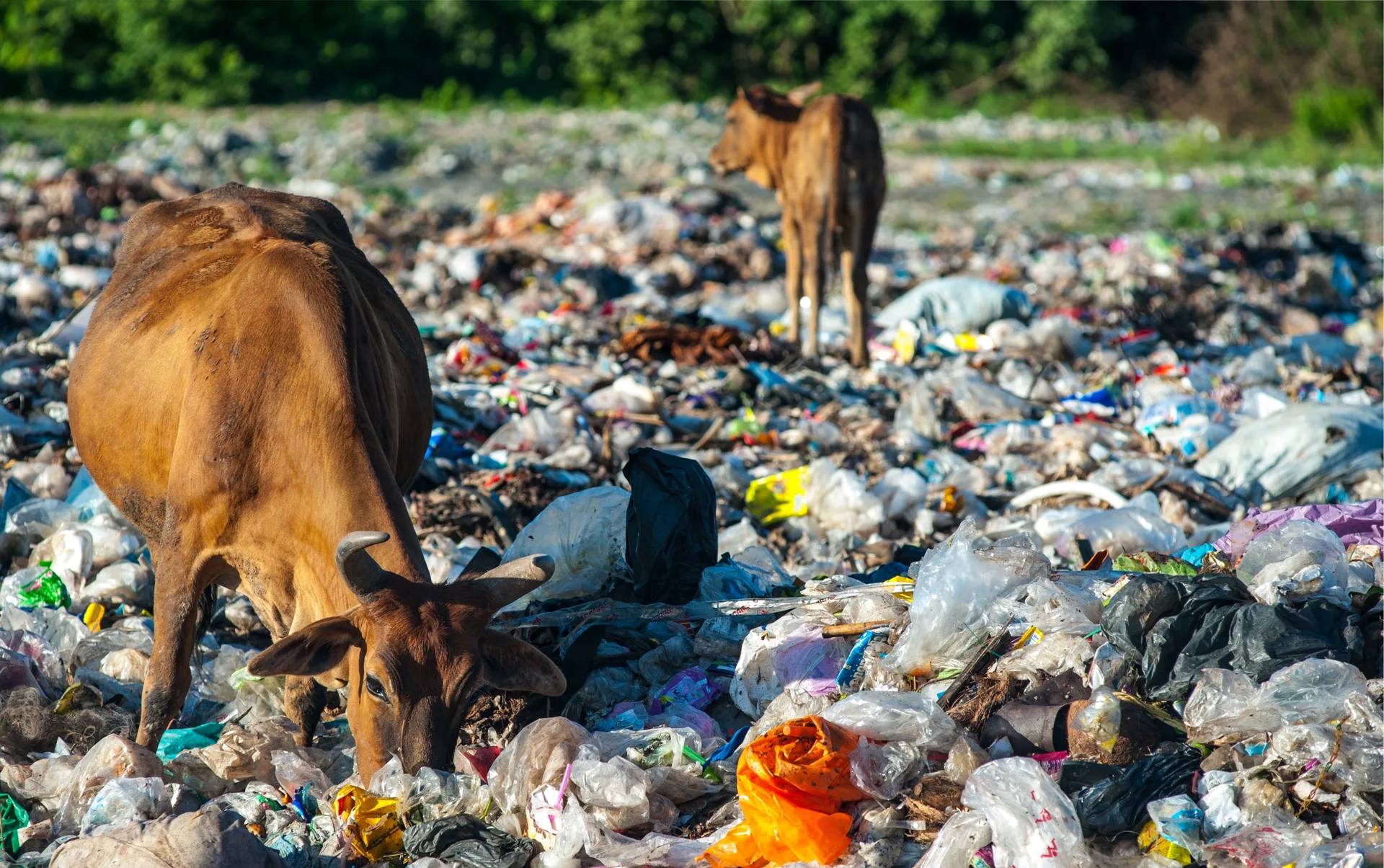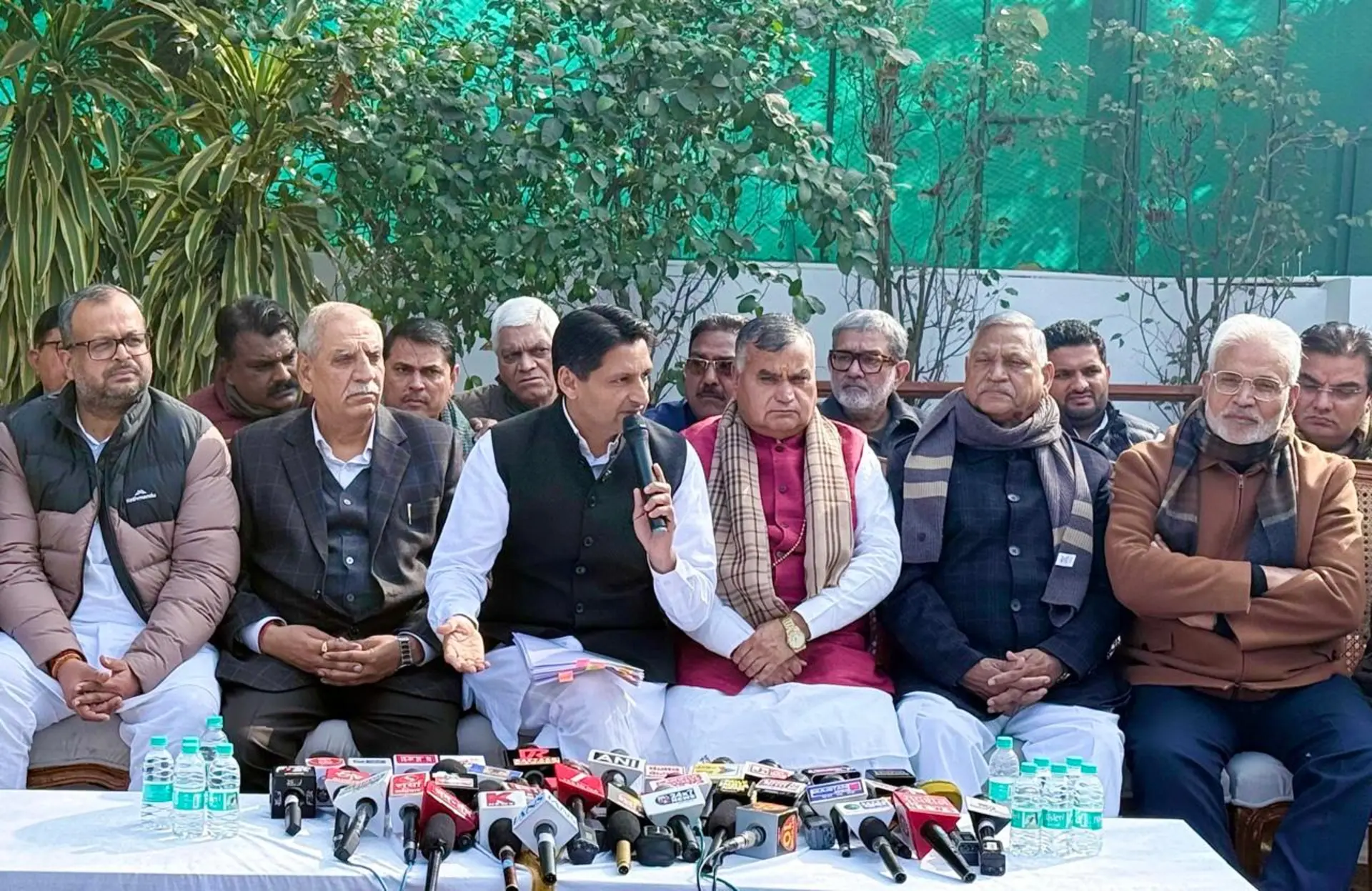
In a bold move to differentiate itself from its political rivals, the Indian National Lok Dal (INLD) has unveiled ambitious plans for Haryana's development. Abhay Chautala, the party's chief ministerial candidate, announced that if voted to power, the INLD would establish a separate capital and High Court for the state. This announcement, made during a campaign rally in Kalayat, signals the party's intention to address long-standing demands for greater autonomy and improved governance in Haryana.
Chautala's promise taps into a sentiment among many Haryanvis who have called for a dedicated state capital and judicial infrastructure. Currently, Haryana shares its capital, Chandigarh, with Punjab, and its legal matters are overseen by the Punjab and Haryana High Court. The proposal for separate institutions could potentially streamline administration and bring government services closer to the people.
Confidence in INLD-BSP Alliance
Speaking to supporters at the rally, Chautala exuded confidence in the INLD's electoral prospects. He claimed that the people of Haryana were disillusioned with both the Congress and the BJP, paving the way for the INLD-BSP alliance to form the next government. Chautala emphasized that his party would not seek support from any other political leaders to form the government, instead relying solely on the mandate of the people.
This assertion of independence suggests that the INLD is positioning itself as a viable alternative to the two major national parties that have dominated Haryana's politics in recent years. By aligning with the Bahujan Samaj Party (BSP), the INLD aims to broaden its appeal and create a coalition that can challenge the established political order.
Criticism of BJP's Unfulfilled Promises
A significant portion of Chautala's address was devoted to criticizing the incumbent BJP government's track record. The INLD leader accused the BJP of making false promises and implementing policies that have caused distress to common people. He reminded voters of the BJP's past electoral commitments, including promises to deposit Rs 15 lakh in every citizen's account, provide employment to two crore youth annually, distribute free gas cylinders, and double farmers' income by 2022.
Chautala's pointed critique of these unfulfilled promises aims to tap into potential voter dissatisfaction with the current administration. By highlighting the gap between the BJP's pledges and their implementation, the INLD hopes to present itself as a more trustworthy alternative capable of delivering on its commitments.
As the election campaign intensifies, the INLD's promises of significant structural changes to Haryana's governance, coupled with its criticism of the ruling party, set the stage for a highly competitive and potentially transformative election. The coming weeks will reveal whether Chautala's vision for a new Haryana resonates with voters and translates into electoral success for the INLD-BSP alliance.



